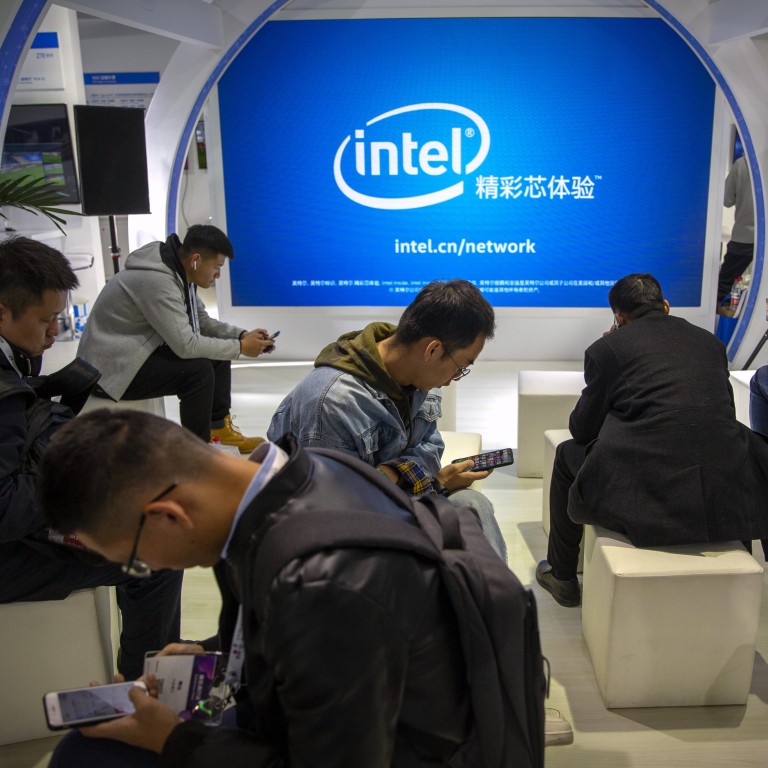
Intel removes reference to Xinjiang in annual letter to suppliers after Chinese backlash
- US semiconductor giant Intel’s updated letter to suppliers posted on its website has deleted any mention of Xinjiang
- Intel faced a public relations crisis in China when the letter was published in December, as it threatened to entangle the firm in human rights issues
Responding to a request for comment on Tuesday, Santa Clara, California-based Intel reiterated the same message it released weeks ago. “We will continue to ensure that our global sourcing complies with applicable laws and regulations in the US and in other jurisdictions where we operate,” the statement said.
The Chinese government has not yet made any official comment regarding Intel’s letter.
The backlash against Intel reflects the predicament for foreign businesses operating in China, as they get caught in policy disputes between Beijing and governments in the West.
Intel said to put off takeover of GlobalFoundries’ chip plant in China
China, including Hong Kong, contributed US$20.26 billion to Intel’s total revenue in 2020, according to data provider Statista. Intel reported US$77.9 billion in revenue that same year, up 8 per cent from US$72 billion in 2019.
The new law creates a “rebuttable presumption” that all goods sourced wholly or in part in Xinjiang are tainted by the use of forced labour in their production – charges that Beijing denies. The ban will go into effect in June.

